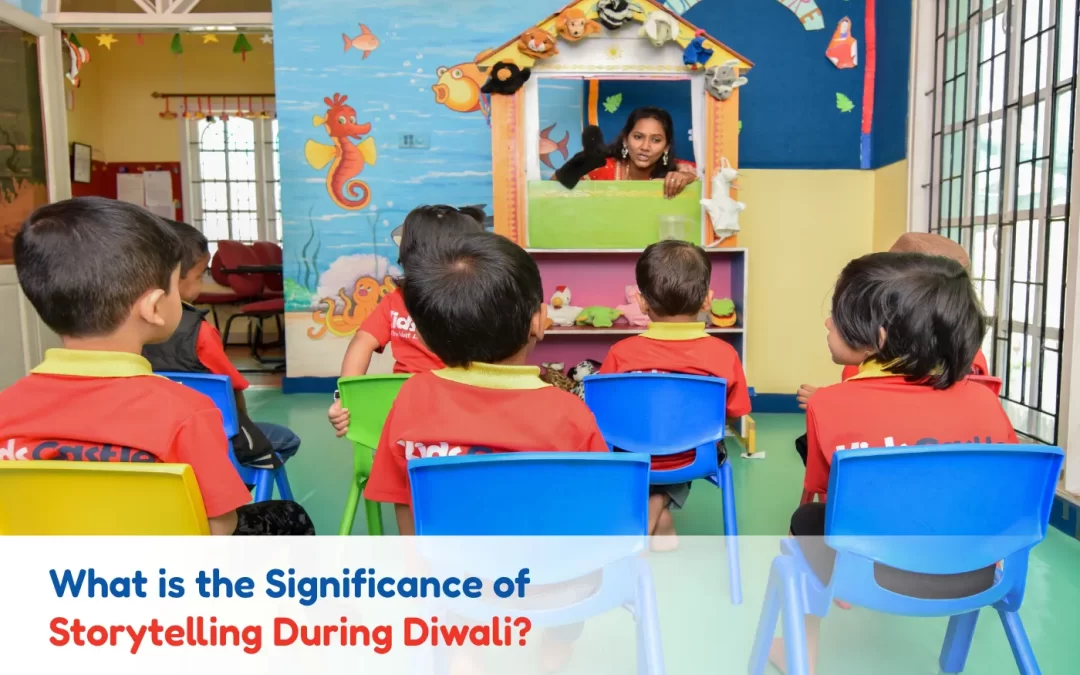Diwali is celebrated by people cleaning and decorating their homes and streets with rows and rows of diyas, or oil lamps. Crackers are burst, sweets are distributed, and shops and establishments perform Lakshmi Pooja, offering prayers to the goddess of prosperity.
It is overall a celebration of light and happiness
The word Diwali or Deepawali — literally means a row of lights. The festival celebrates a triumph of good over evil. Light is also a metaphor for self-awareness and self-improvement.
The story stems from the epic Ramayana, in which Prince Rama returns to the kingdom of Ayodhya after 14 long years of exile with his wife, Sita, and brother, Lakshmana. Rama comes back a hero after defeating the deamon king Ravana, who had wrongfully abducted Sita. Rama defeats Ravana and returns to his kingdom victorious.
It is believed that the people of Ayodhya rejoiced on the return of their beloved Prince Rama by cleaning up their homes and streets and lit up rows and rows of lights.
Let us understand how we can introduce these stories to our children
If looked at closely, it is about maintaining traditions: It plays a crucial role in safeguarding and transmitting cultural and religious practices.
Storytelling is a powerful educational instrument, imparting values, ethics, and historical knowledge. It is also a time to build bonds with your extended family, which is crucial in reinforcing familial connections and cultivating a sense of unity and belonging.
Engaging in Diwali storytelling fosters lasting memories that children will treasure throughout their lives.
Significant narratives and traditions linked to Diwali:
The narrative of Lord Rama’s return to Ayodhya, following his triumph over the demon king Ravana, is a fundamental theme in the observance of Diwali festivities.
The Churning of the Ocean narrates the tale of Samudra Manthan, where the ocean is churned, leading to the emergence of Goddess Lakshmi, a profound symbol of prosperity.
The narrative of Lord Krishna’s conquest over the demon Narakasura exemplifies the enduring theme of the victory of good over evil.
Various Methods for Sharing Diwali Narratives with your Children:
Methods of Diwali storytelling:
Engage in traditional storytelling by convening with family and friends, allowing each participant to share and narrate their chosen tales.
Incorporate visual aids such as books, illustrations, or multimedia presentations to enhance the engagement of the stories.
Engage family members in organizing skits or plays that illustrate the rich legends associated with Diwali.
Engaging local storytellers or elders to present their interpretations of Diwali narratives will give children a varied perspective.
If you ever get a chance to attend Harikatha, a composite art form of storytelling, poetry, music, drama, dance, and philosophy most prevalent in the south Indian states, don’t miss it. Hari-Katha, stories of God, help transmit cultural, educational, and religious values to the masses. The main aim of Harikatha is to imbue truth and righteousness in people’s minds and sow the seeds of devotion in them. (https://en.wikipedia.org/wiki/Harikatha)
Look out for Ramayana narratives from other cultures, such as Bali, Indonesia, where Valmiki Ramayana is a Ballet performance combining music, dance, and drama. It is usually performed without dialogue.
The significance of storytelling during Diwali:
Cultural education plays a vital role in enabling children to engage with their cultural heritage and appreciate the importance of Diwali.
Storytelling conveys essential life lessons, instills ethical values, and fosters a clear understanding of right and wrong.
Storytelling during Diwali cultivates a strong sense of community and belonging among families. Encourage children to discuss and inquire about the narratives to deepen their understanding.
Conclusion:
The tradition of Diwali storytelling transcends mere words; it enlightens both hearts and minds through the profound wisdom embedded in ancient narratives. It is about safeguarding cultural heritage, imparting values, and nurturing the family and a larger community.
As Diwali draws near, it is essential for us to unite with our families and friends to exchange these enchanting narratives, fostering the illumination of knowledge, virtue, and tradition in our lives.

